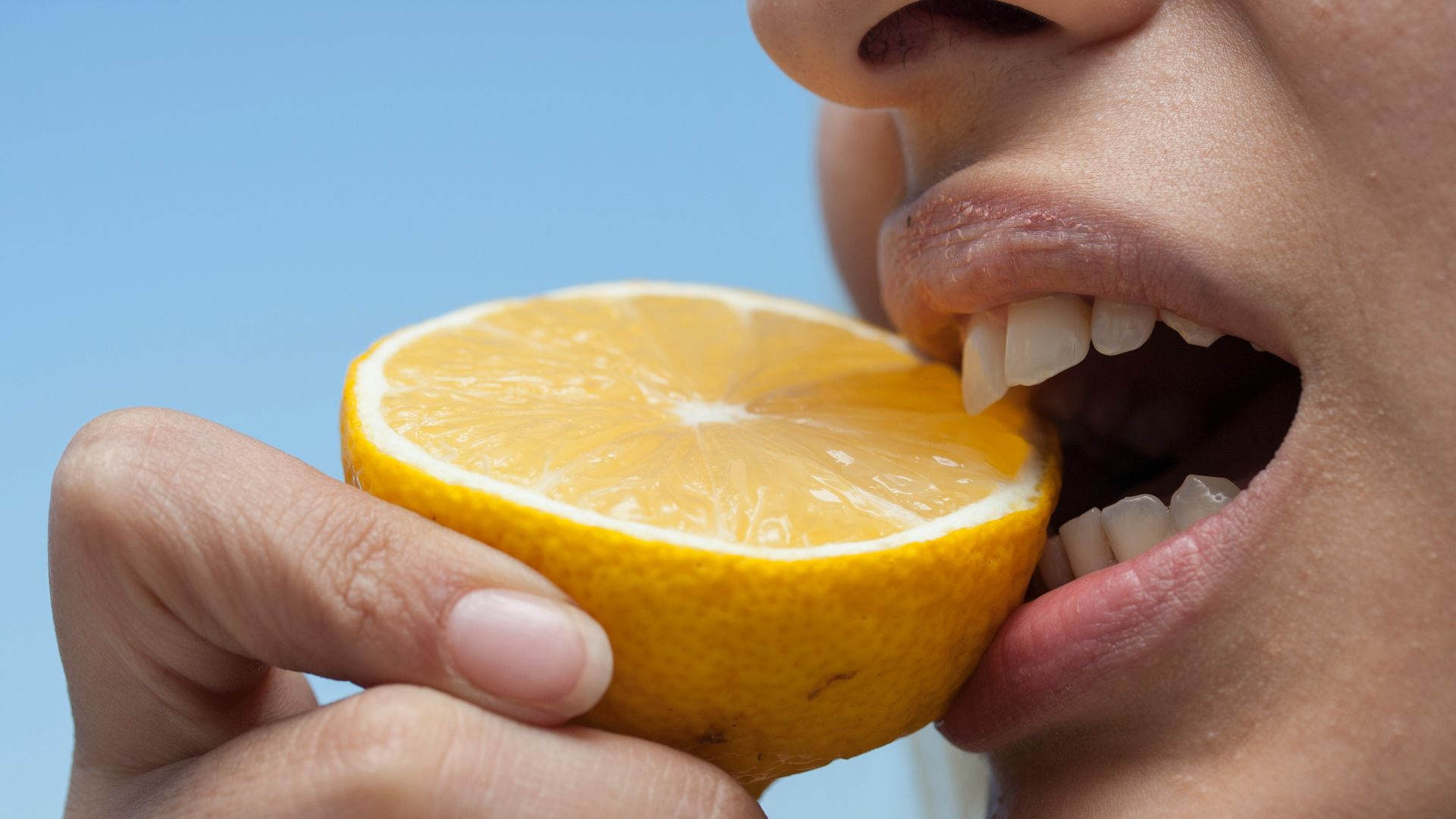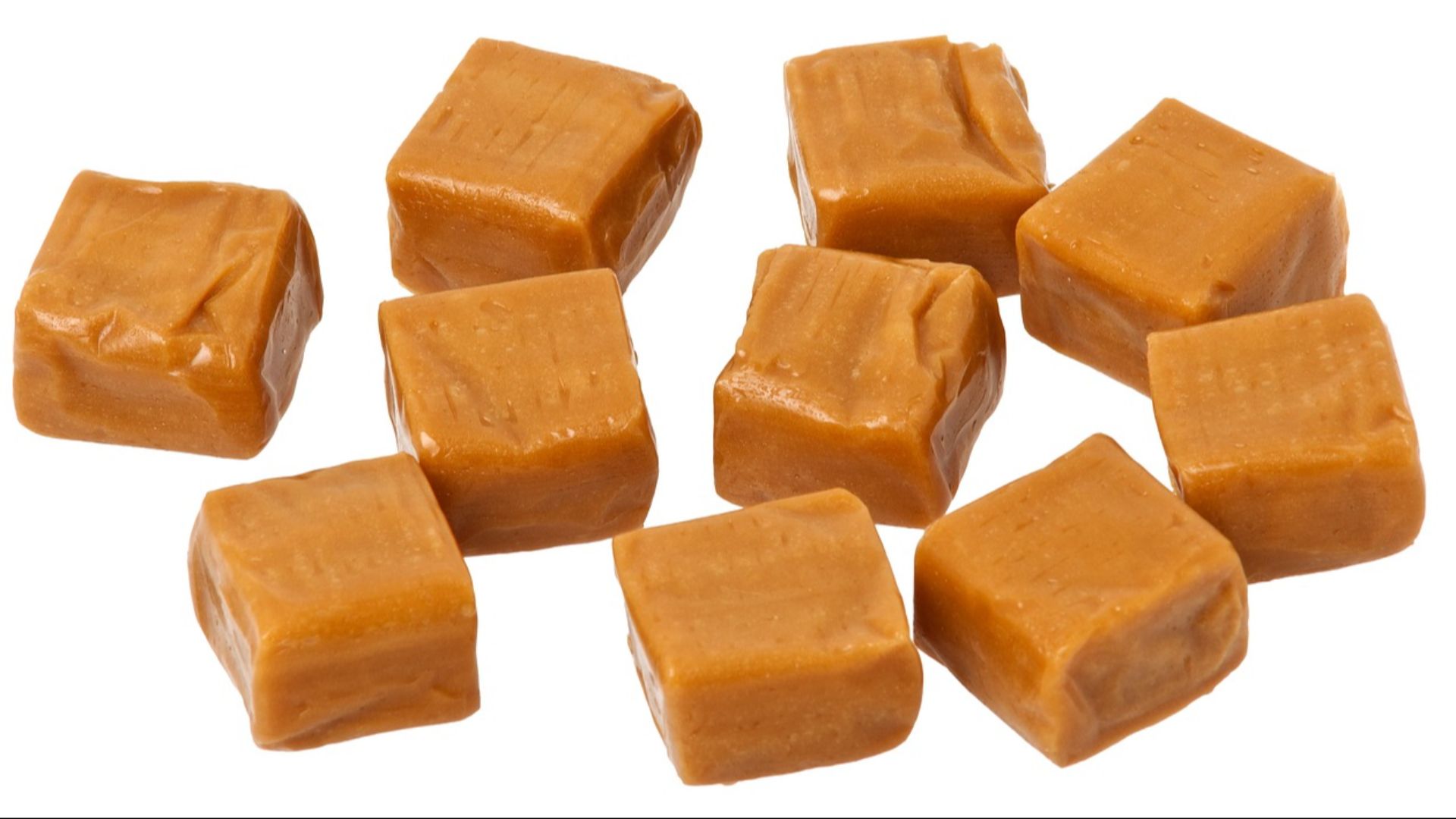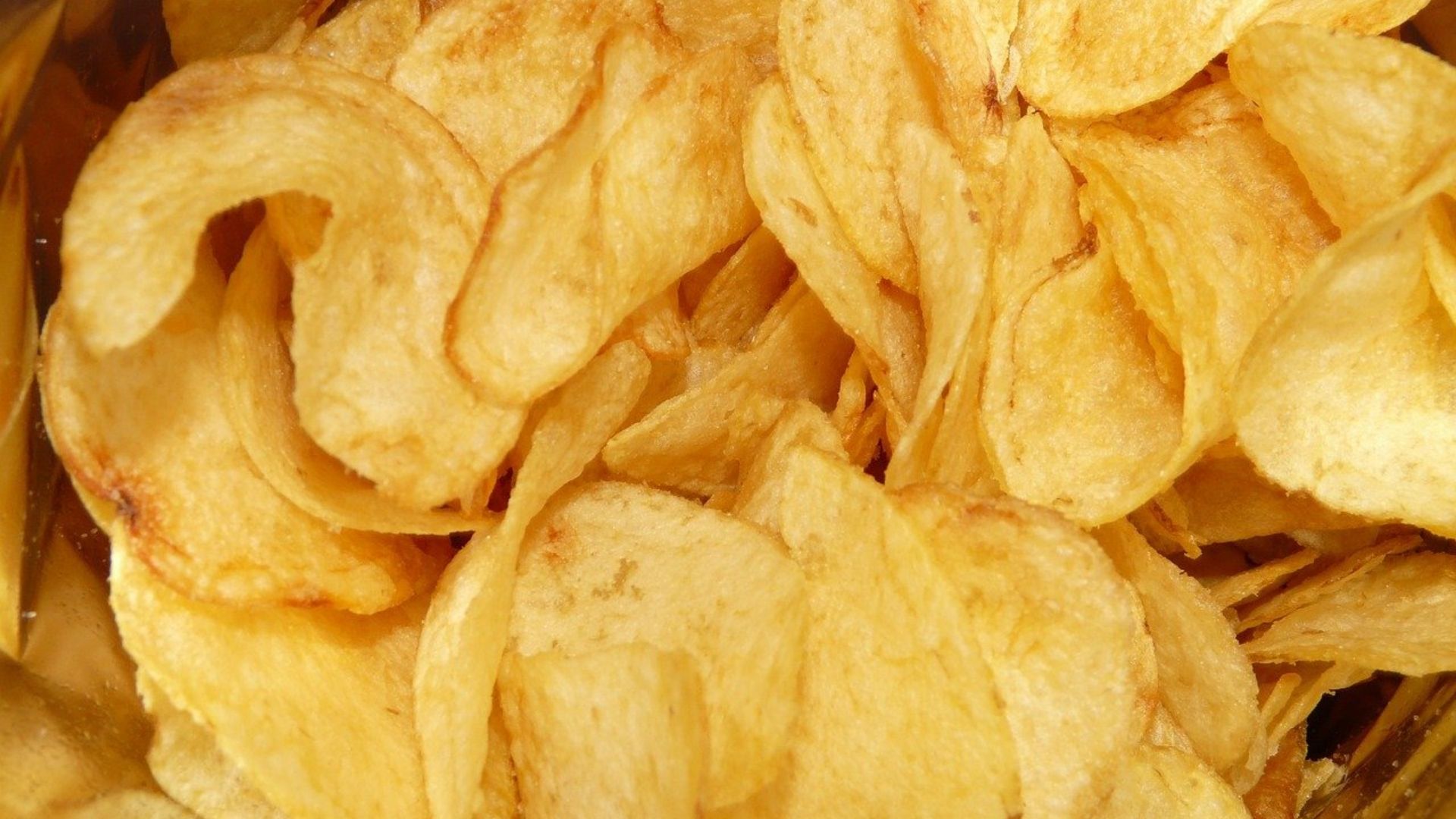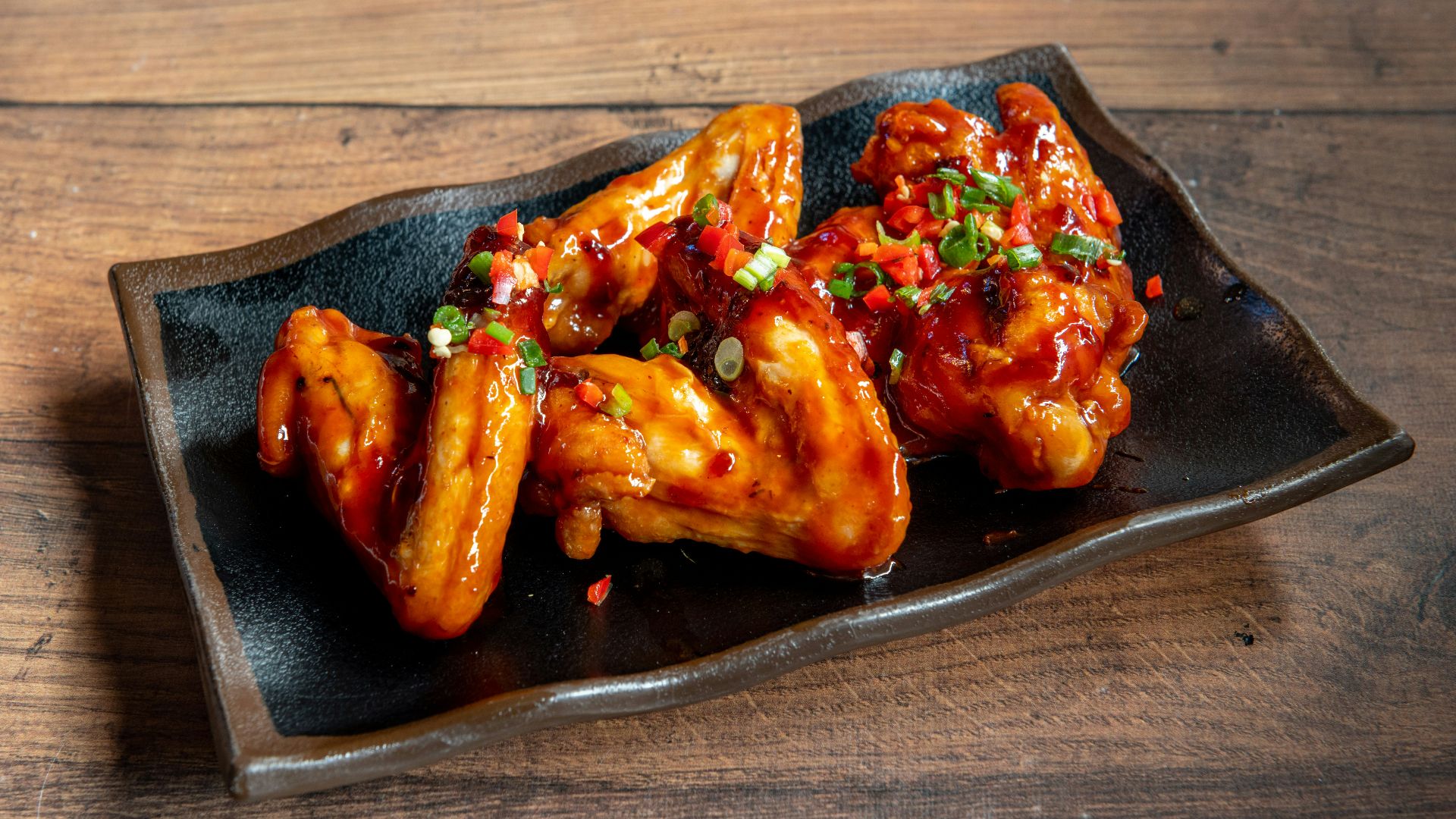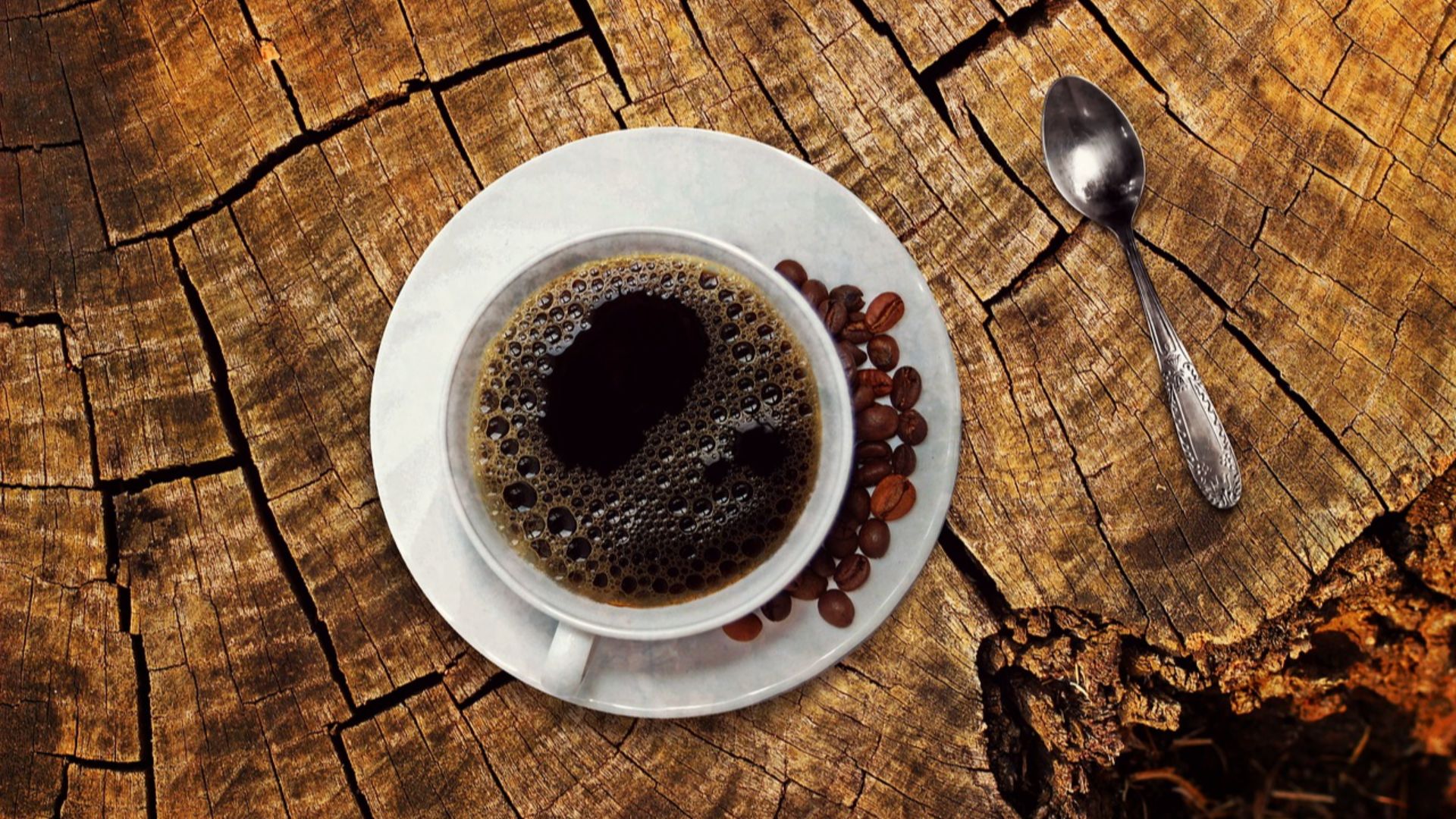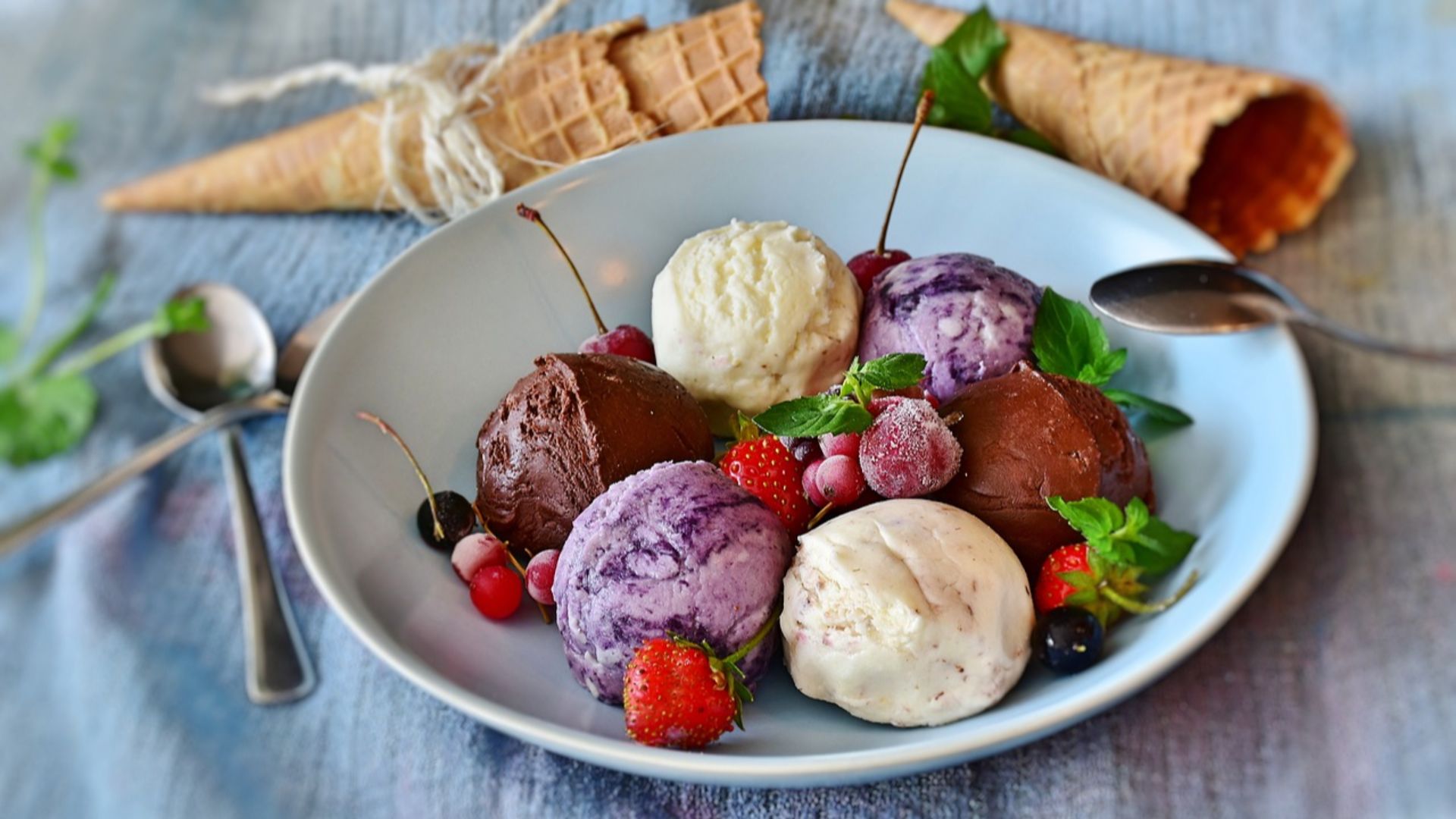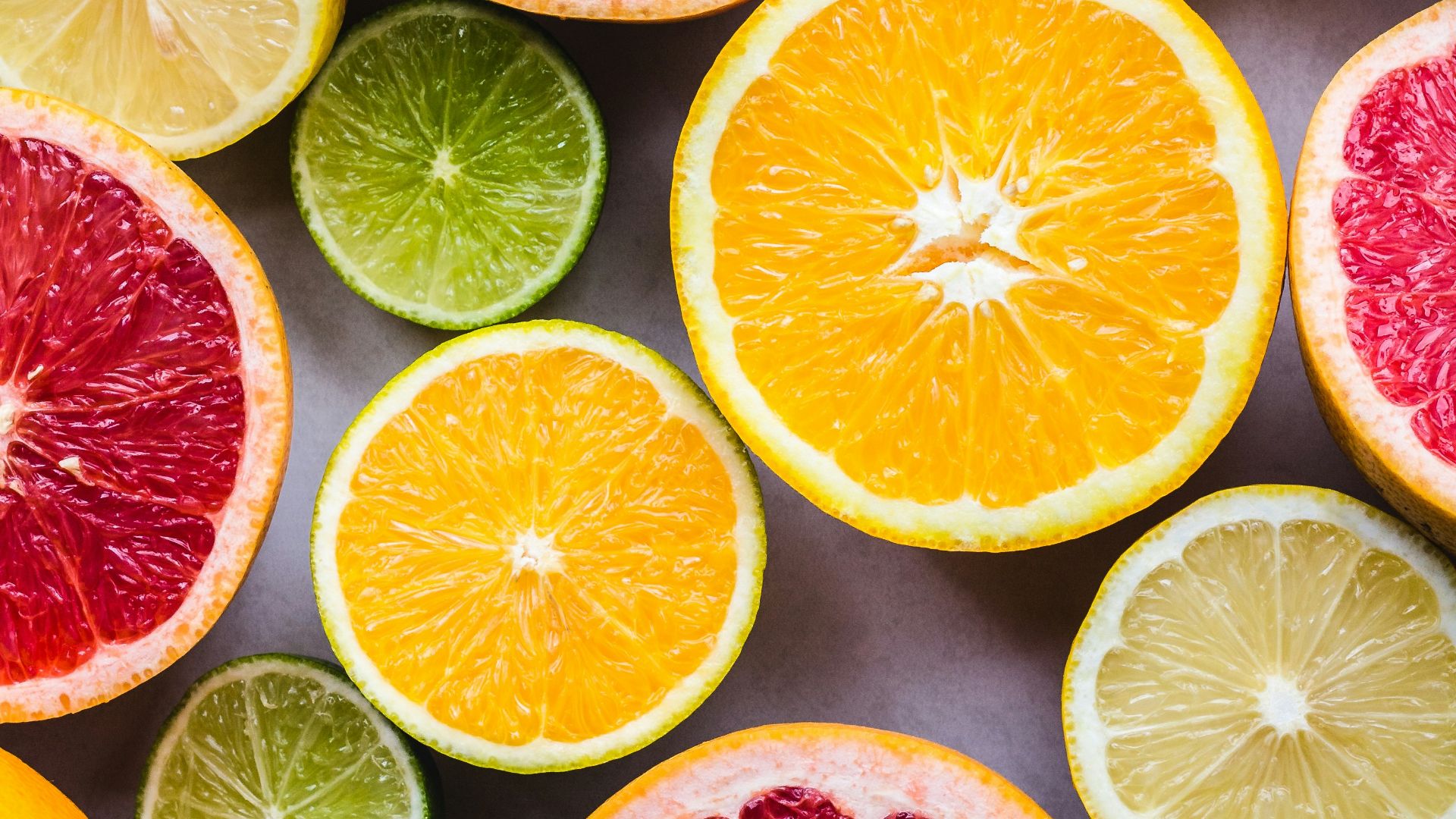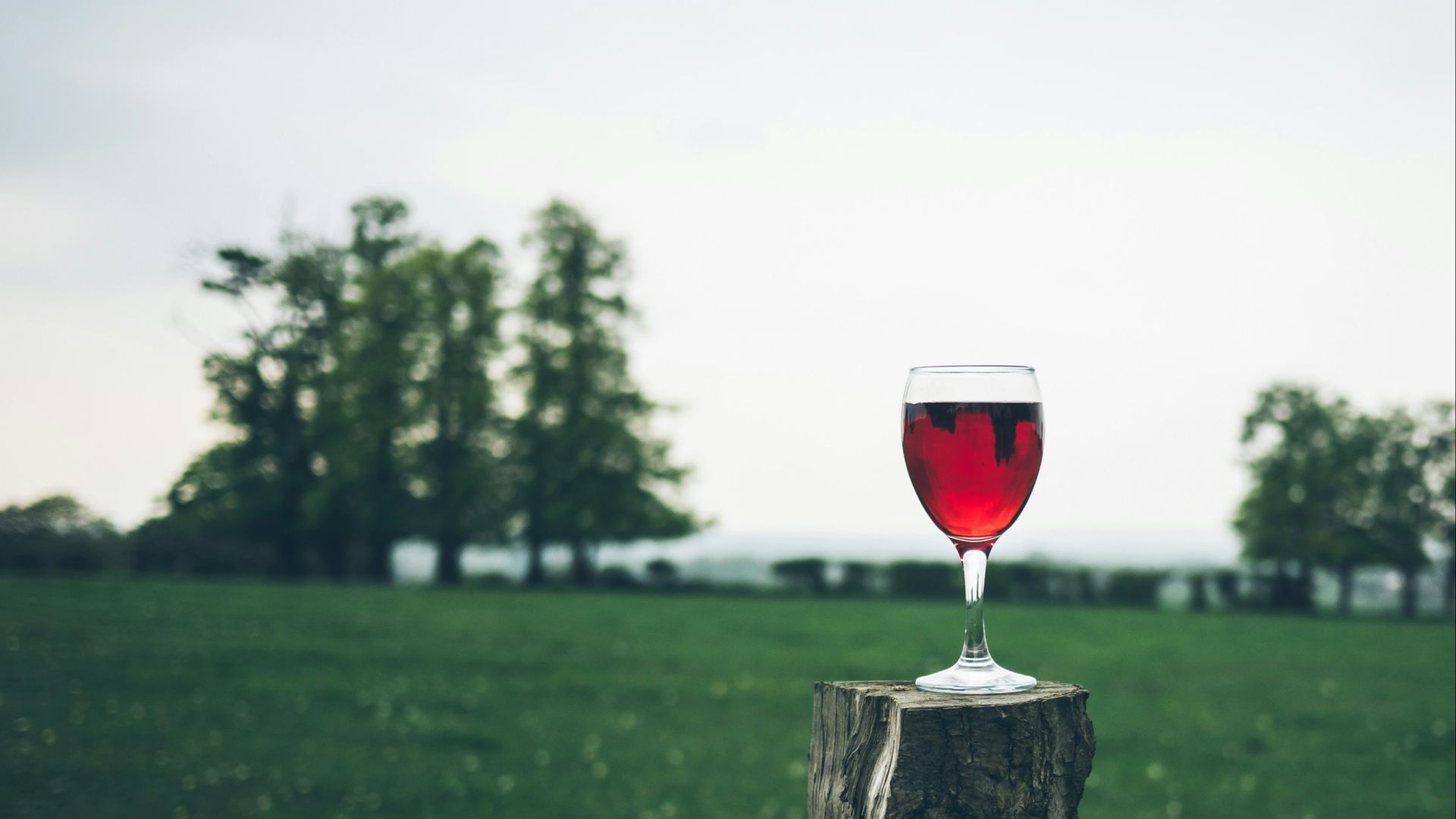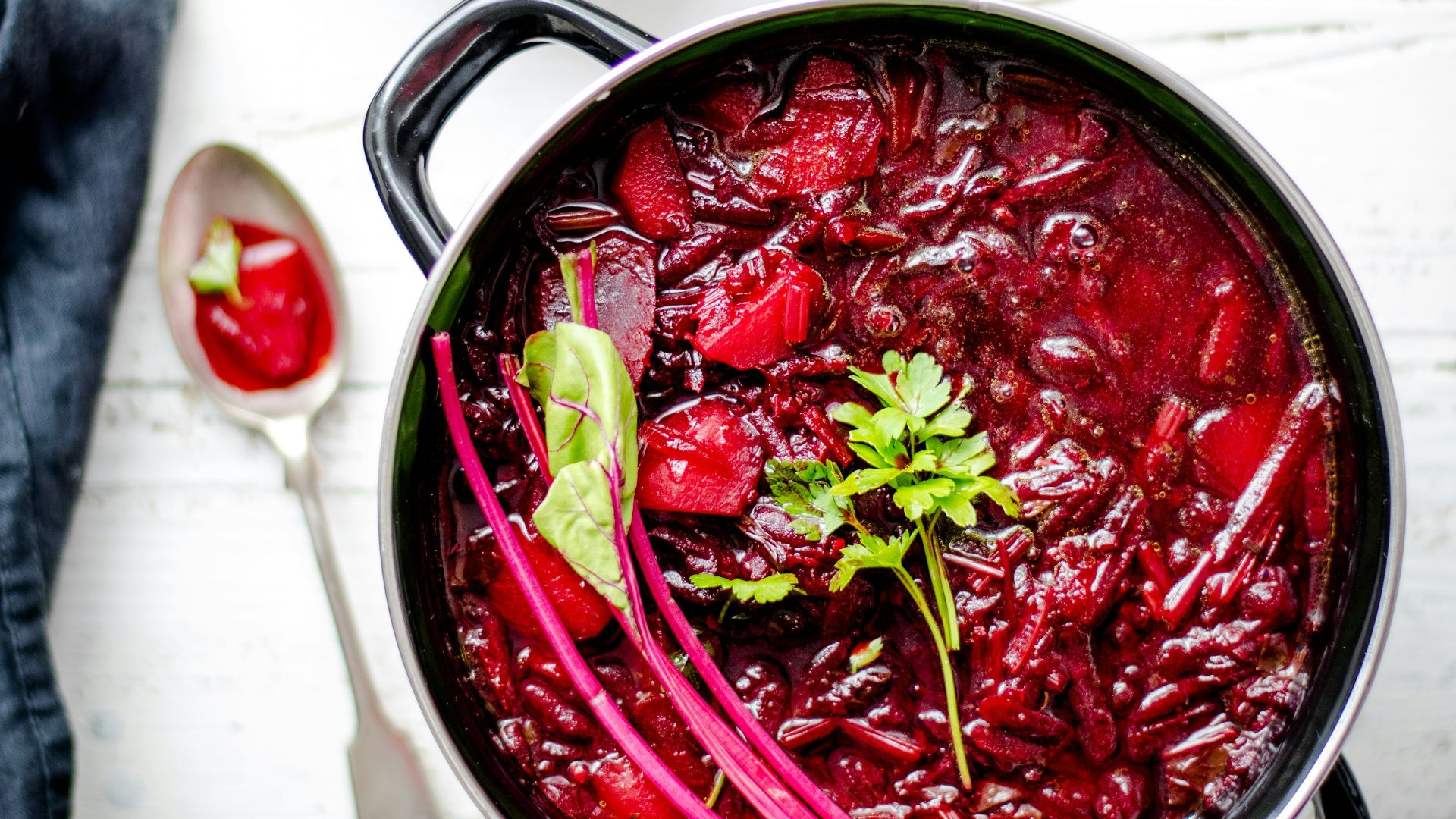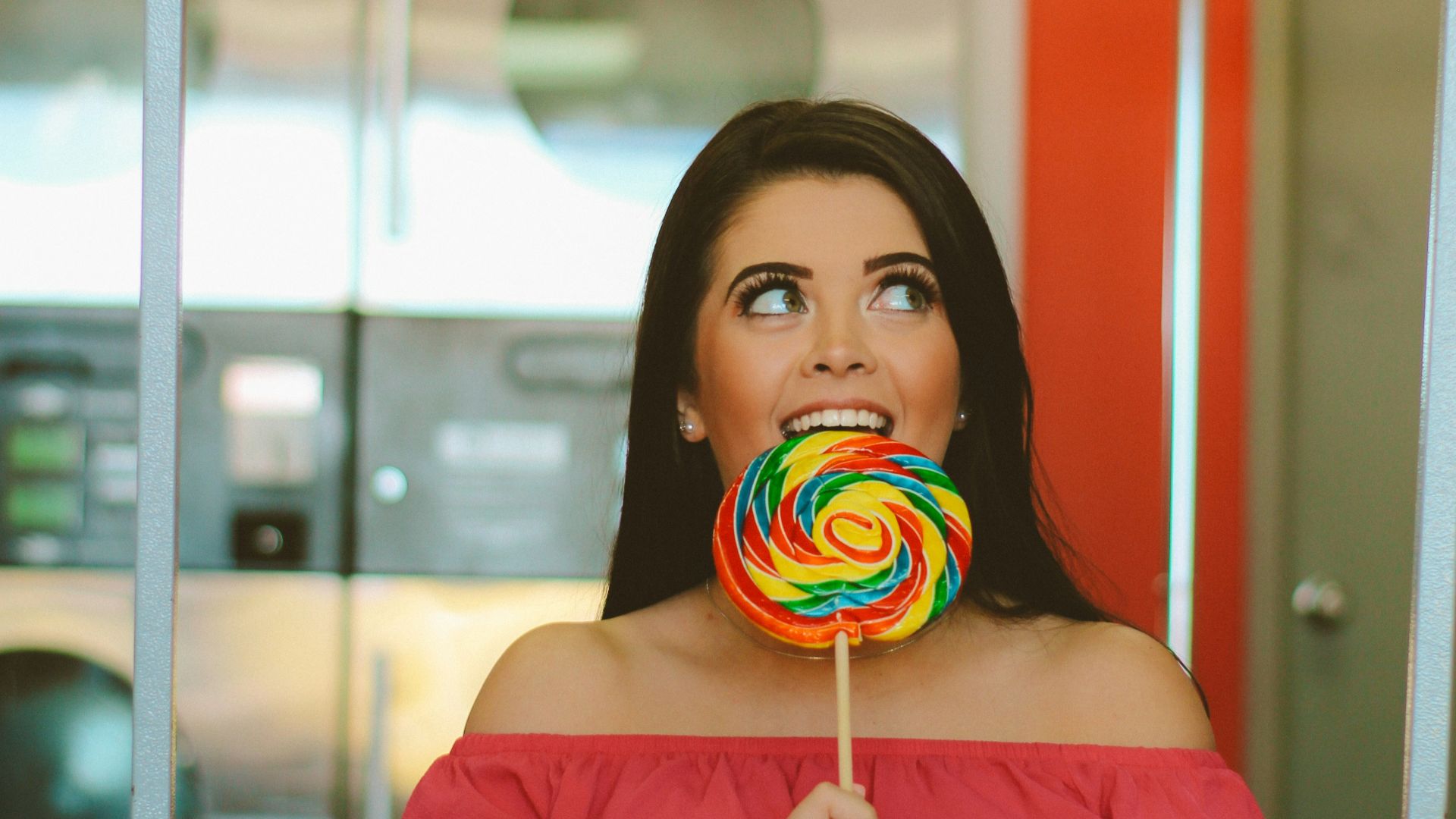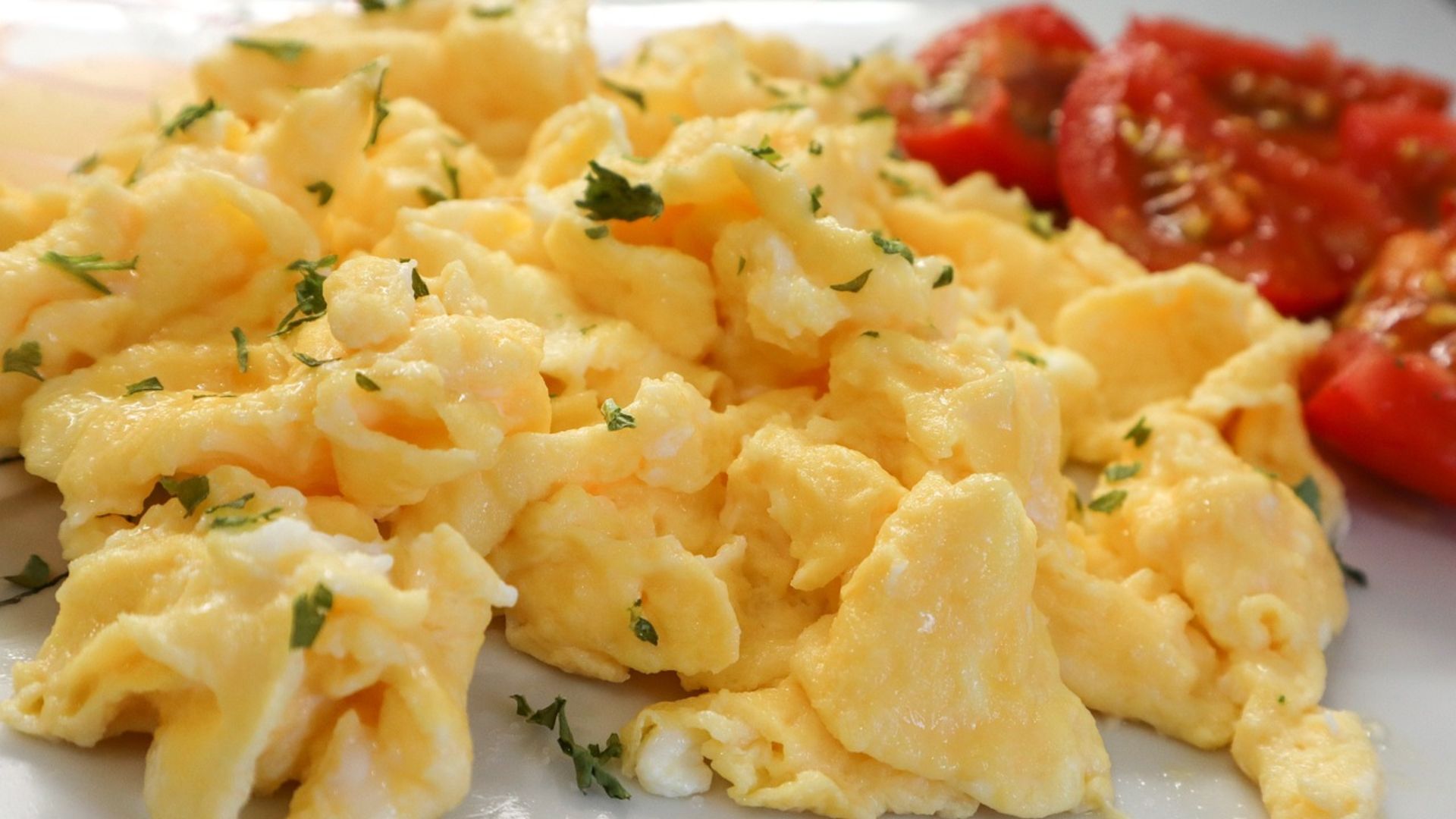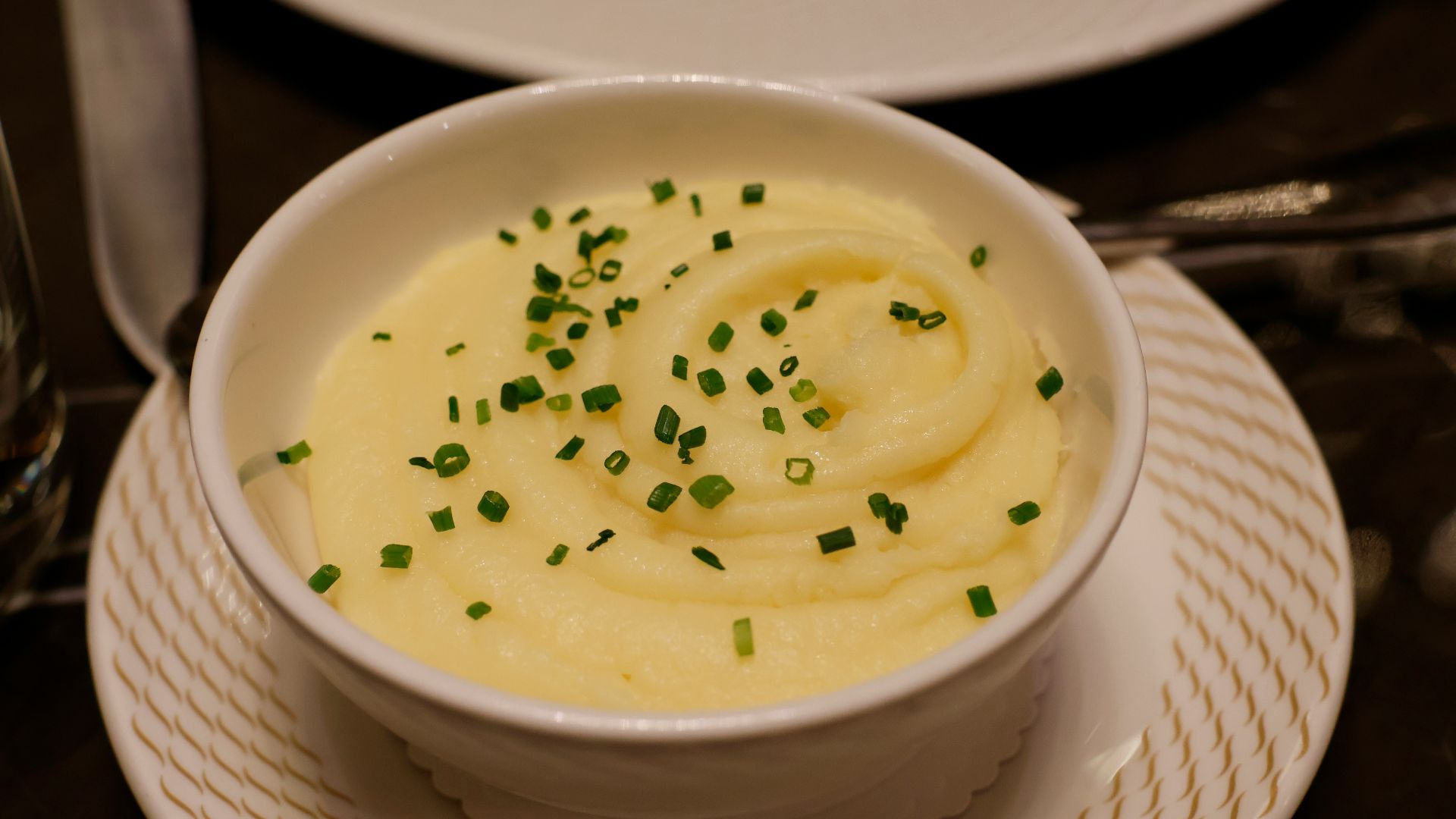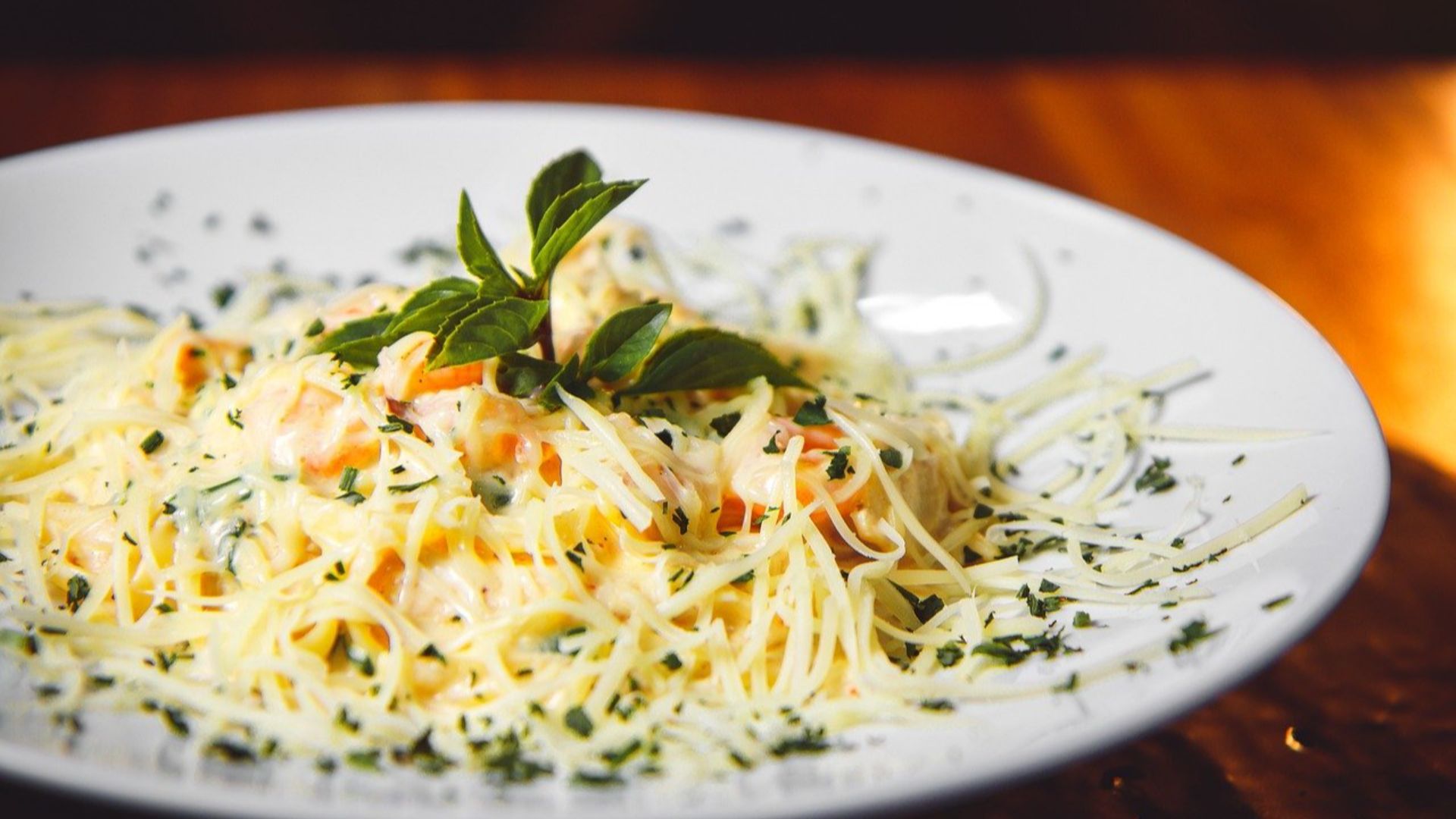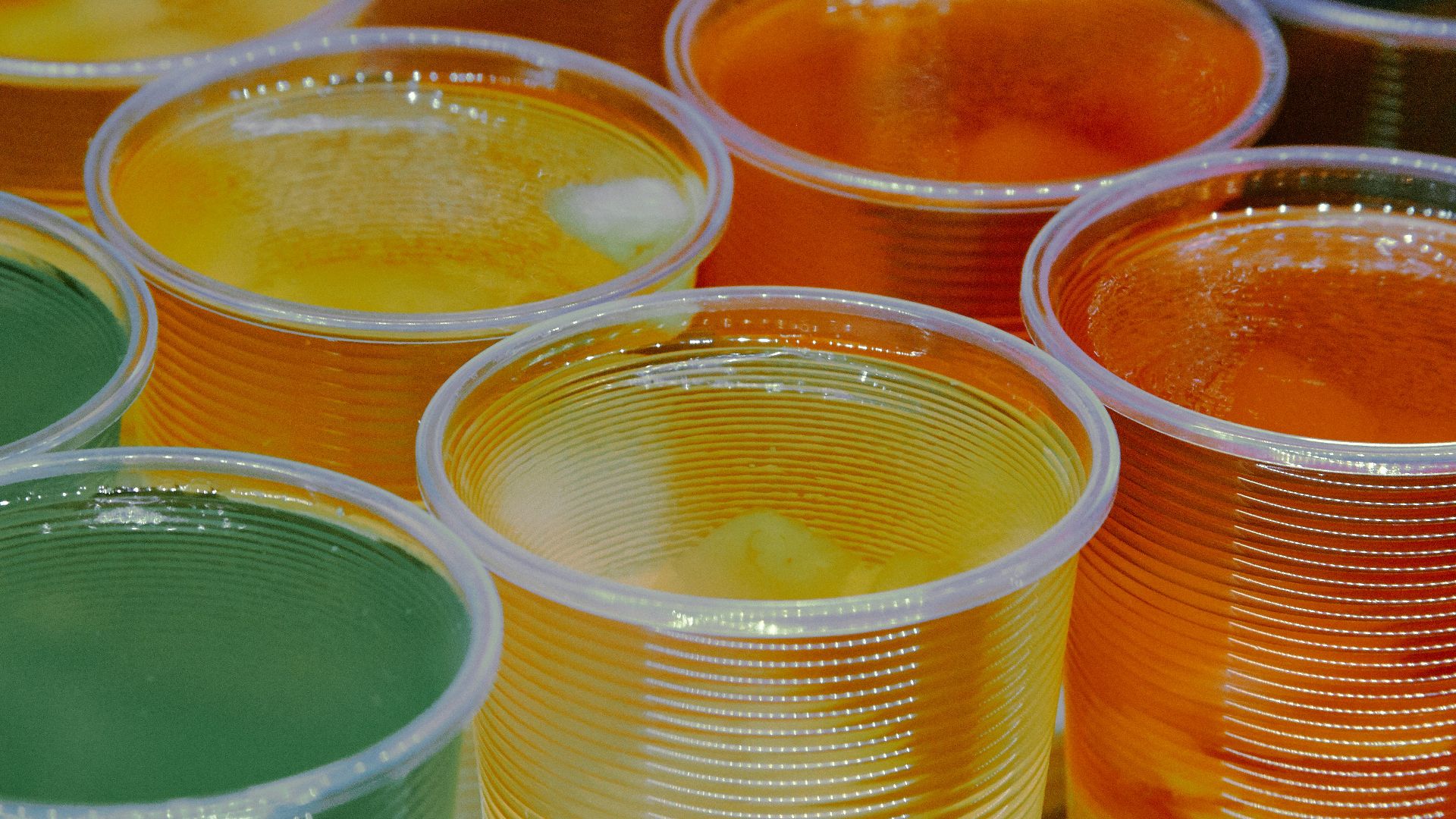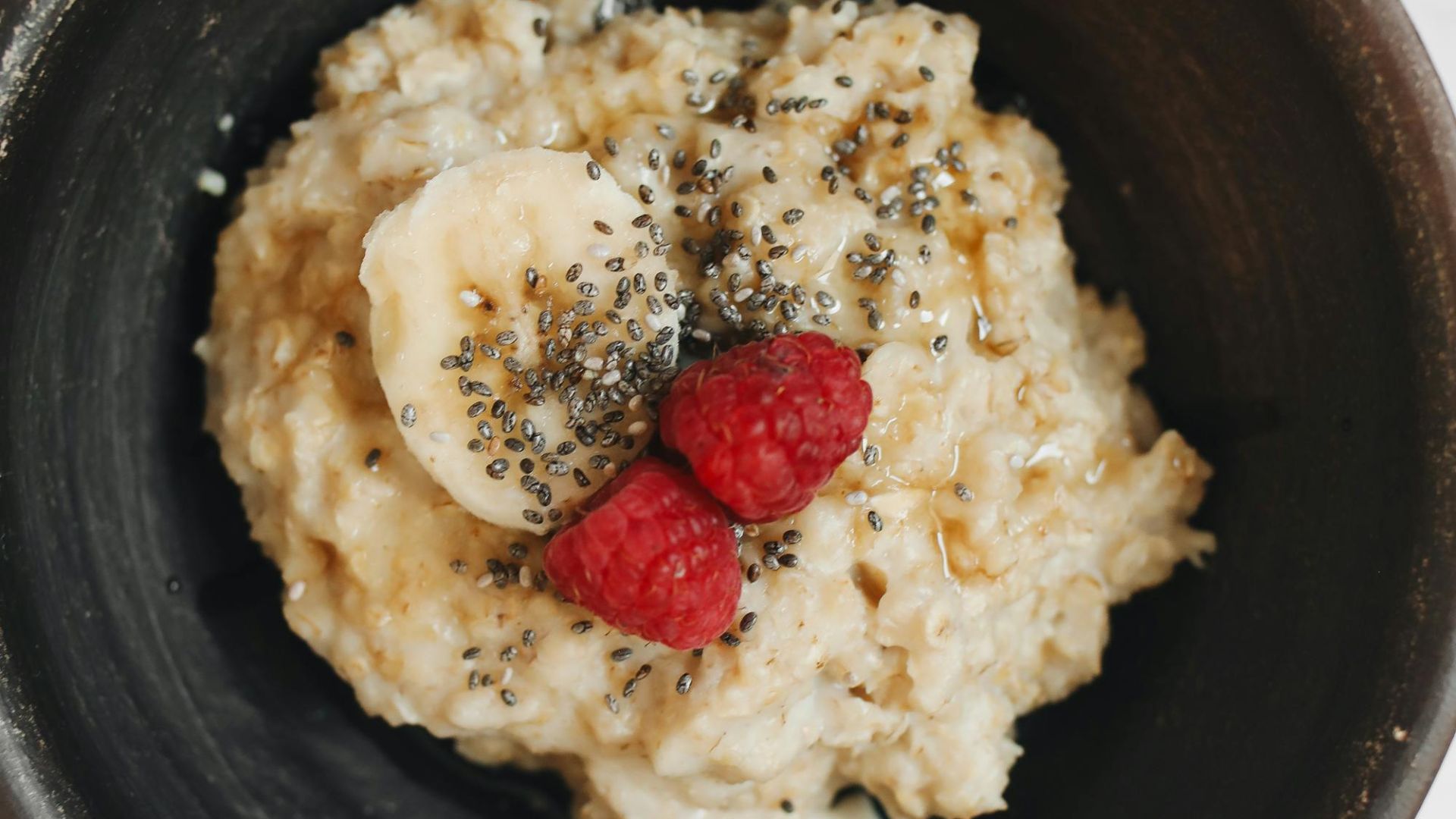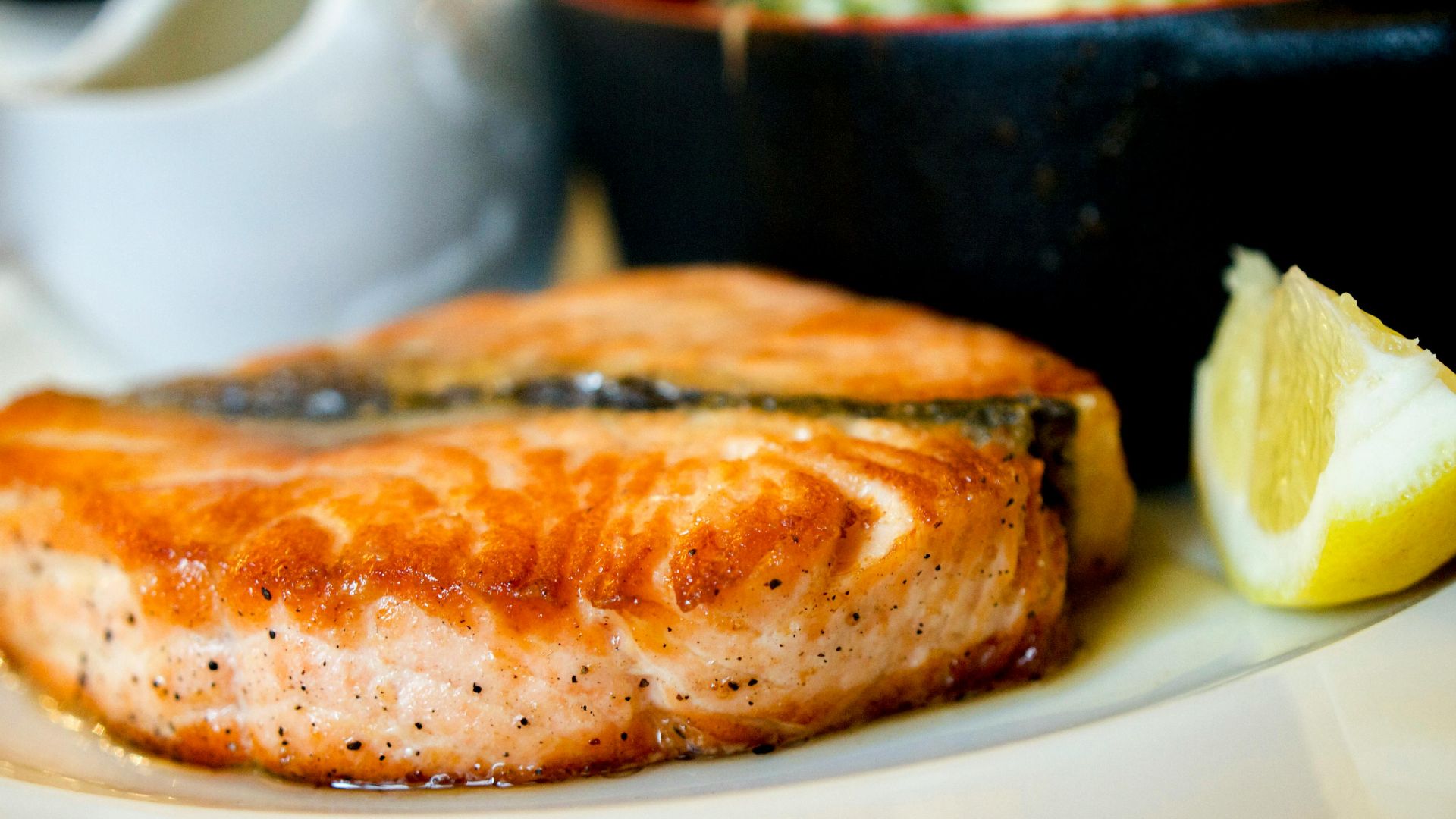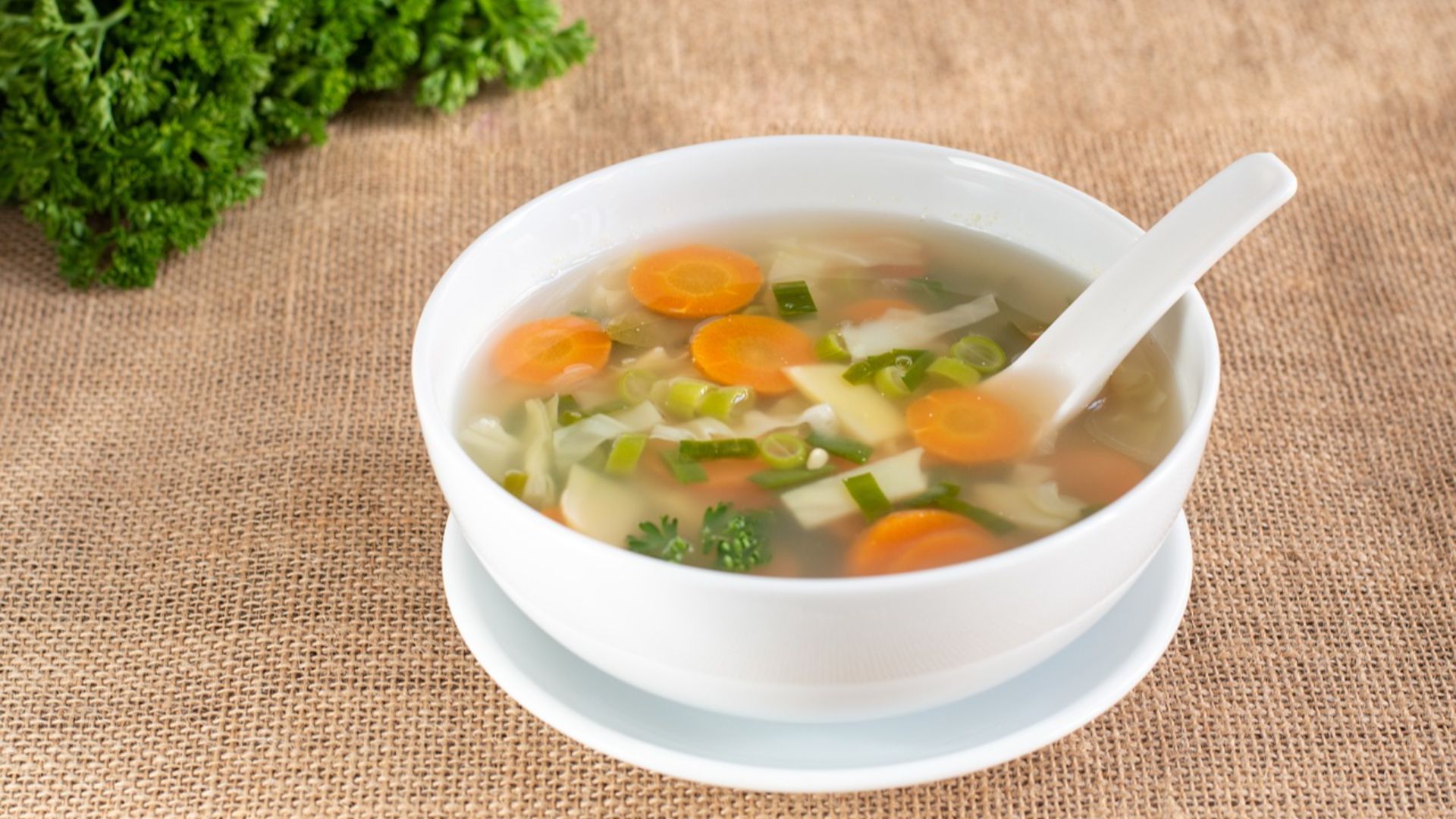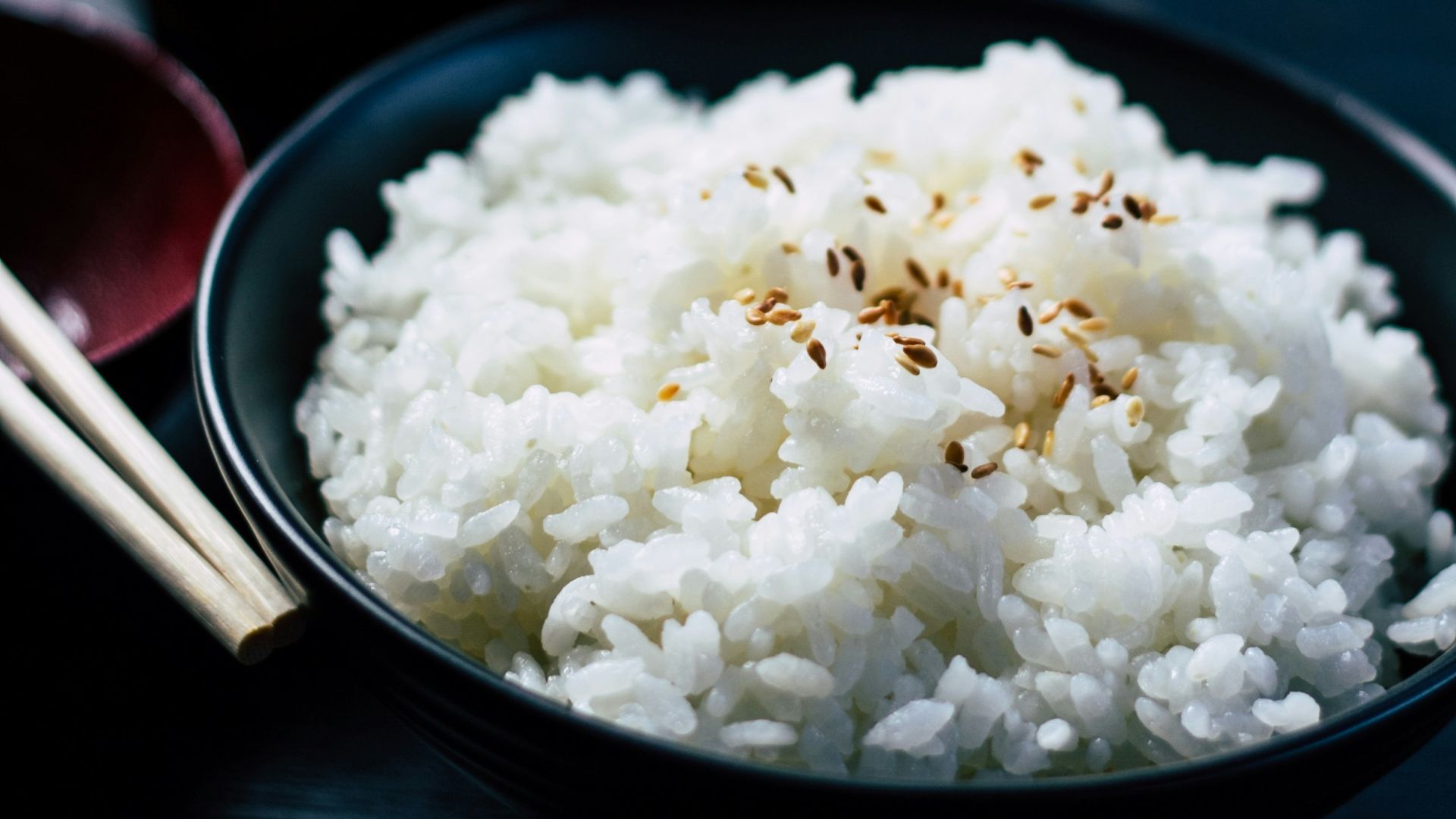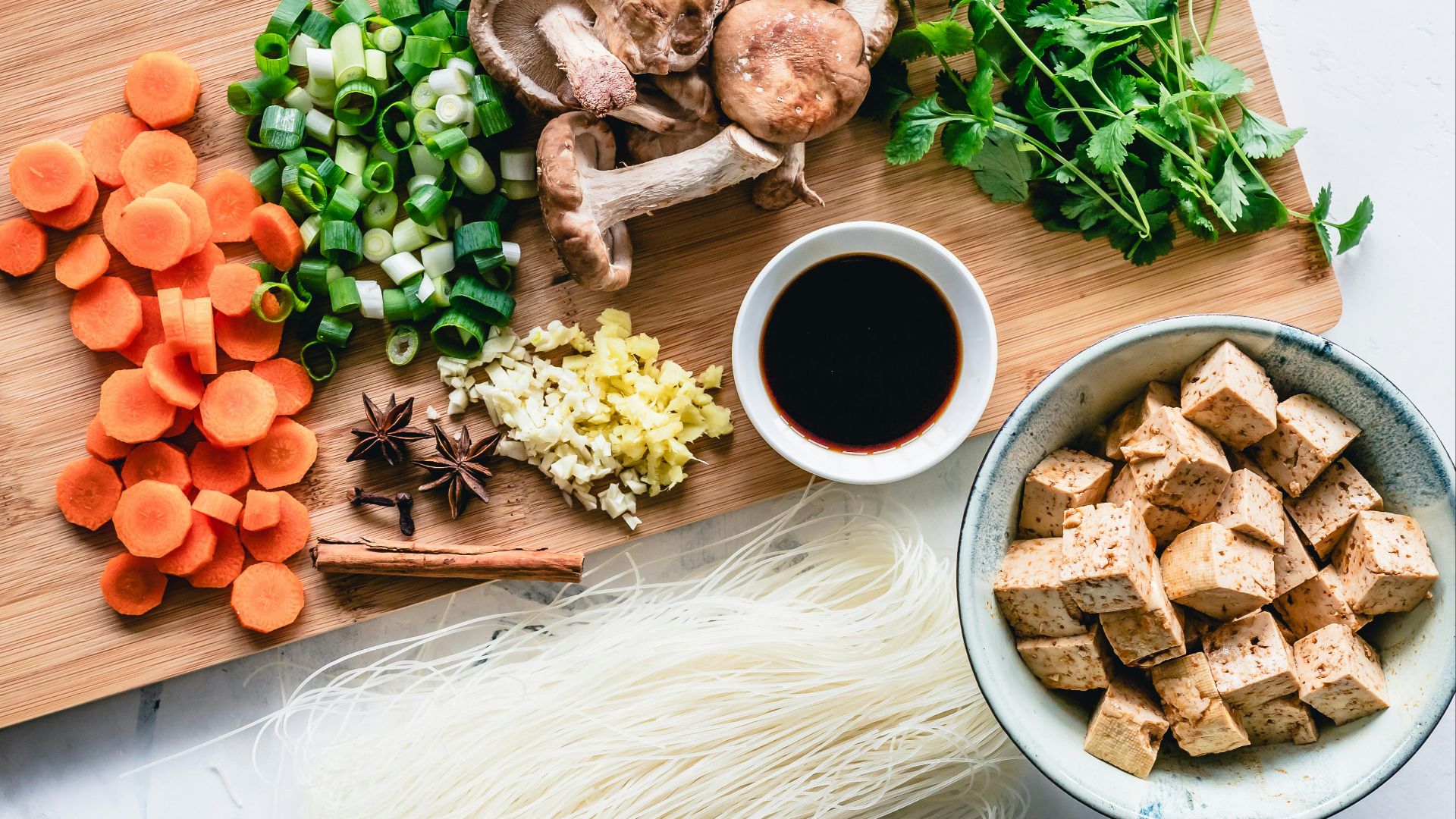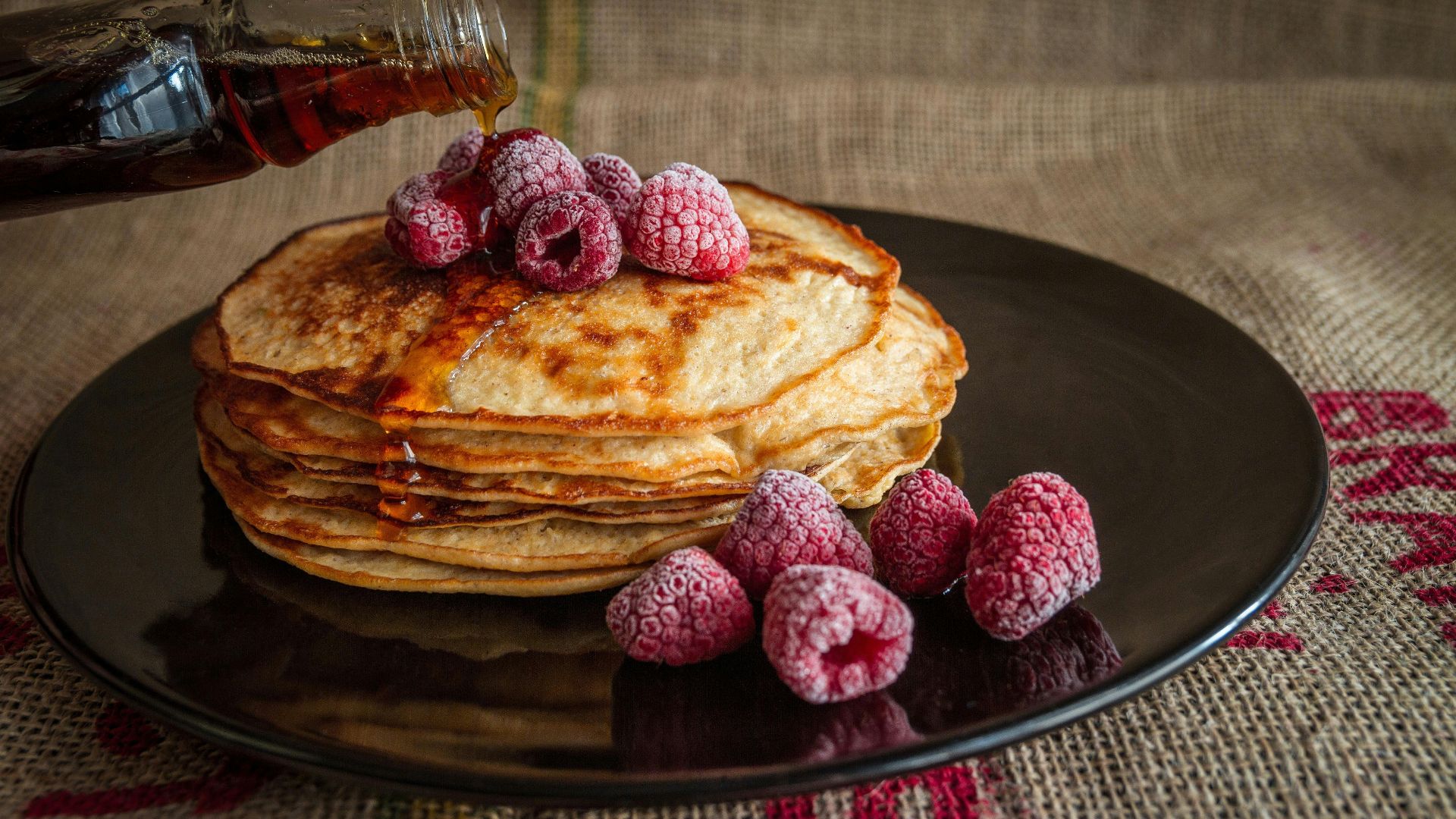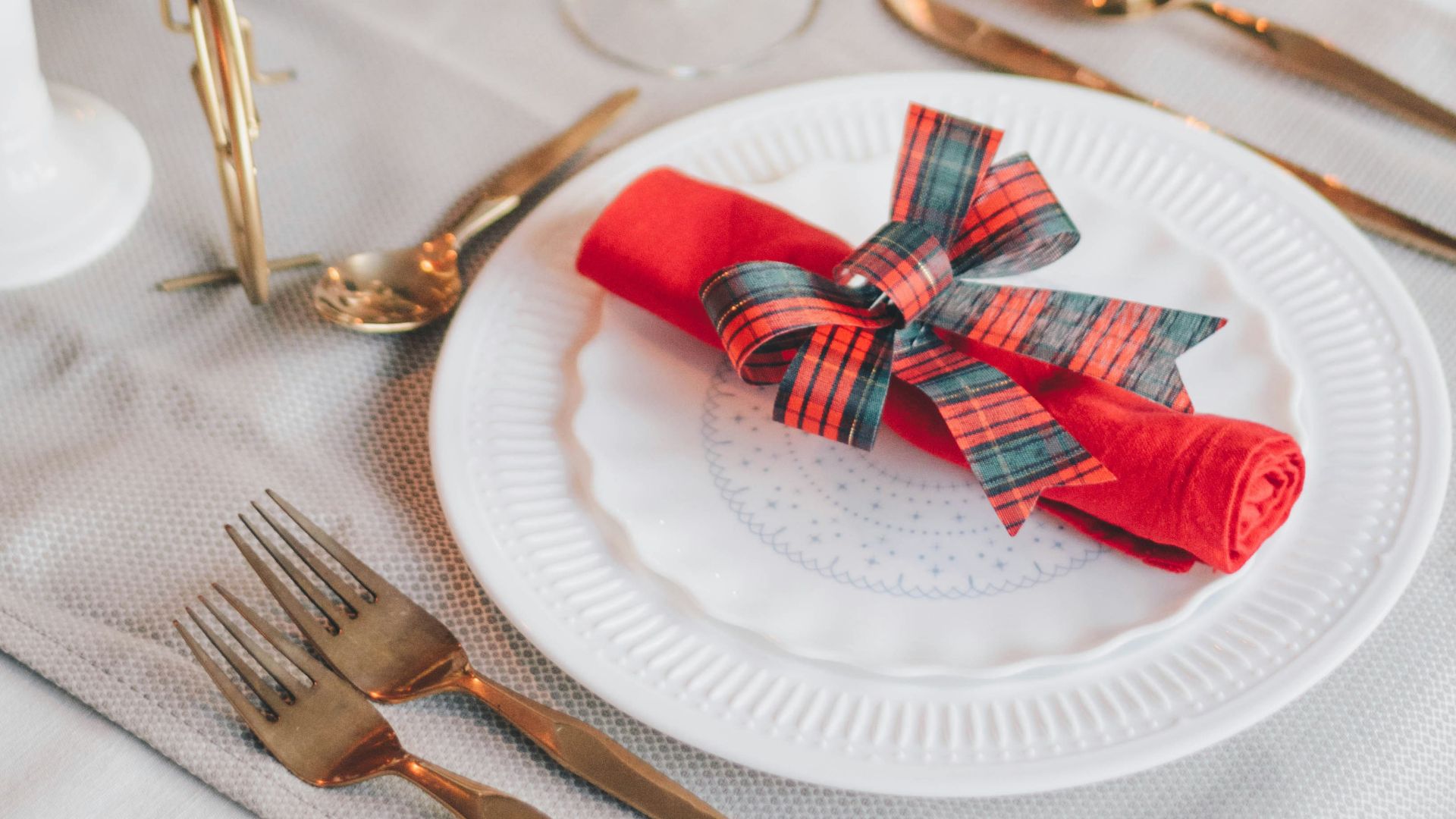10 Foods You Shouldn't Eat After the Dentist & 10 You Should Eat Instead
What Should You Eat After the Dentist?
When it comes to oral health, there's more to it than just flossing regularly or brushing your teeth day and night. What you put in your mouth matters, too—especially after a visit to the dentist. From chips to rice, here are 10 foods you shouldn't eat after a dental procedure—and 10 you should eat instead.
1. Sticky Food
Avoid eating sticky or chewy food after dental procedures. This includes gum, caramel, taffy, jerky, and other foods that may pull on and stick to your teeth. Even tougher foods like steak should be avoided as they take more effort to chew.
2. Crunchy Food
Crunchy food, like chips, nuts, popcorn, crackers, and so on, may damage your gums and hurt your teeth after the dentist. Wait a few days (or as listed on your aftercare sheet, depending on the procedure) to let your mouth heal before you reintroduce crisp, sharp snacks.
3. Spicy Food
You should also steer clear of spicy food after the dentist. Anything from heavily seasoned snacks to buffalo wings should be avoided, as these foods can cause discomfort and disrupt the healing process. Treat yourself after you're given the OK.
4. Hot Drinks
Hot liquids, like coffee, tea, soups, and stews, may irritate or even burn the gums, so it's best to let these drinks cool down before consuming—especially if your mouth is still numb. Plus, if you had a fluoride treatment, you were likely told to wait at least 30 minutes before eating or drinking something hot.
5. Cold Treats
Not only should you refrain from eating or drinking anything too hot, but you should also avoid anything too cold. While you won't be burned by frosty treats like ice cream or milkshakes, they could still cause sensitivity and pain.
6. Acidic Food
Eating sour or acidic food often is bad enough for you as it can wear and erode your enamel, so consuming citrus fruits, tomatoes, coffee, wine, and others will only put you at a disadvantage when your teeth are already sensitive after a dental procedure.
7. Alcohol
Alcohol is acidic, so that's one reason you shouldn't drink it after the dentist. More than that, alcohol can also irritate wounds, delay the healing process, and interact negatively with prescribed medication after certain procedures.
8. Colored or Pigmented Food
Highly pigmented food can stain teeth, and especially more so after a dental procedure, when your choppers are more susceptible. You definitely don't want to be staining your mouth following a cleaning, so make sure you avoid beets, raspberries, dark chocolate, and other foods with deep hues.
9. Oversized Food
Save that burger for later! After the dentist, not only should you be allowing your gums and teeth time to heal, but your jaw, too. Plus, oversized food usually takes longer to chew, which you should also refrain from eating after the dentist. If you must, cut them up into smaller, bite-sized pieces.
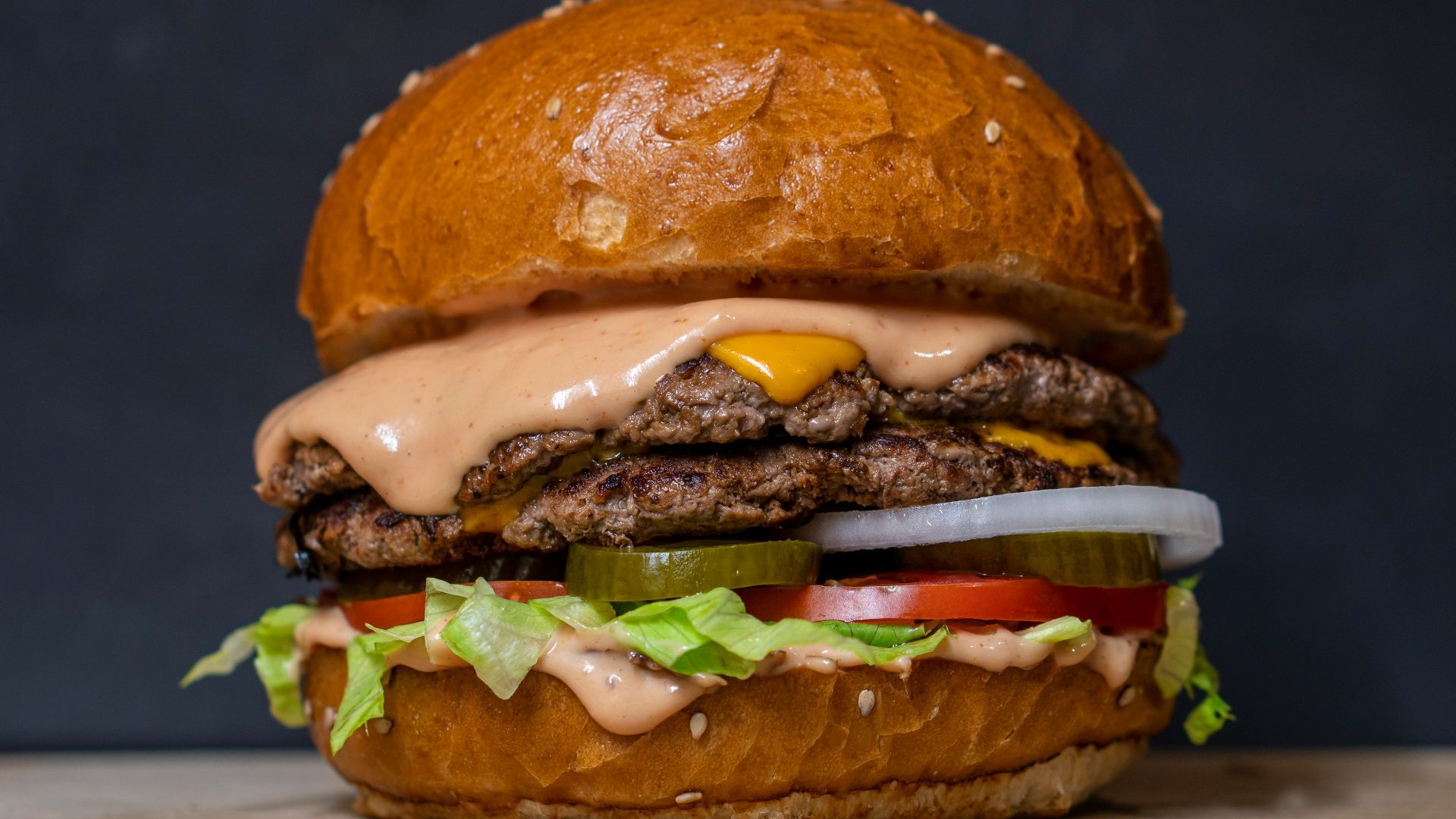 amirali mirhashemian on Unsplash
amirali mirhashemian on Unsplash
10. Sugary Drinks & Snacks
If you just had a cavity filling, you probably don't want to stuff yourself with more sugar, lest you get another decay. While it's fine to allow yourself the occasional sweet treat, for now, refrain from unwrapping hard candy or lollipops following the dentist.
Though it might seem like we've taken everything off the menu, there are still plenty of other foods you can eat after a cleaning, surgery, or procedure. Keep reading for 10 in particular that have been dentist-approved.
1. Scrambled or Hard-Boiled Eggs
Whether you like your eggs scrambled or hard-boiled, you can rest easy knowing you're allowed to eat these as much as you like after the dentist. Just make sure to cool them down before digging in, or they could irritate or burn your mouth.
2. Mashed Potatoes
Mashed potatoes are soft and mushy, making them easy—and delicious—to eat. In fact, they don't require chewing at all, so they're the perfect, post-dentist snack. If you'd like, you can also swap regular potatoes for sweet potatoes.
3. Pasta & Noodles
If you're craving pasta or noodles after the dentist, you'll be glad to know they're on the list of things you can eat. But as you're cooking, make sure to boil the noodles a little longer than normal. You want to ensure they're soft and easy enough to eat so you won't have to chew.
4. Jello or Pudding
Want something sweet? Instead of reaching for popsicles or ice cream—treats that are too cold and may cause irritation and sensitivity—go for a bowl of jello or pudding instead. You can choose your favorite flavor or mix and match to keep it interesting.
5. Oatmeal
Oatmeal is another soft and easy food to eat, and it makes for an extremely nutritious breakfast. Add some toppings—just remember no citrus fruits, nuts, or granola—to give it some flavor and variety, then wait for it to cool down completely before digging in.
6. Fish
Fish makes a great protein alternative to regular cuts of meat. It's flaky, soft, and easier to chew than tough steak. Plus, fish is rich in omega-3 fatty acids, which may help in reducing inflammation and speed up the healing process.
7. Soup
While you should avoid drinking soup when it's still piping hot, it makes a great, healthy meal once it's cooled down. Add in some soft vegetables, like carrots, onions, and potatoes, for extra nutrition, then scoop some up for lunch and dinner.
8. Rice or Quinoa
If you can't go a day without rice, don't worry—you can still eat it after the dentist. After all, rice and quinoa are small grains, making them easy to chew. Pair a (cooled-down) bowl of it with other tender foods, like softened vegetables or fish.
9. Tofu
Tofu goes great with rice, but it can also be eaten on its own. You can pair it alongside easy-to-chew vegetables, eggs, fish, or others. As a reminder, try to avoid pigmented, acidic, or spicy sauces, as these may stain or irritate your teeth and wounds.
10. Pancakes
If you're not up for oatmeal or eggs for breakfast, why not make some pancakes? Make sure they're soft and don't have crispy edges, as these sharp parts could hurt your gums and teeth. You might also want to take it easy on the syrup—you want to avoid going to the dentist often, not frequenting the clinic!
KEEP ON READING

20 Discontinued Snacks All Millennials Will Remember

Why "Clean Eating" Became So Confusing

Is Swiss Chalet Sauce Actually Any Good?



